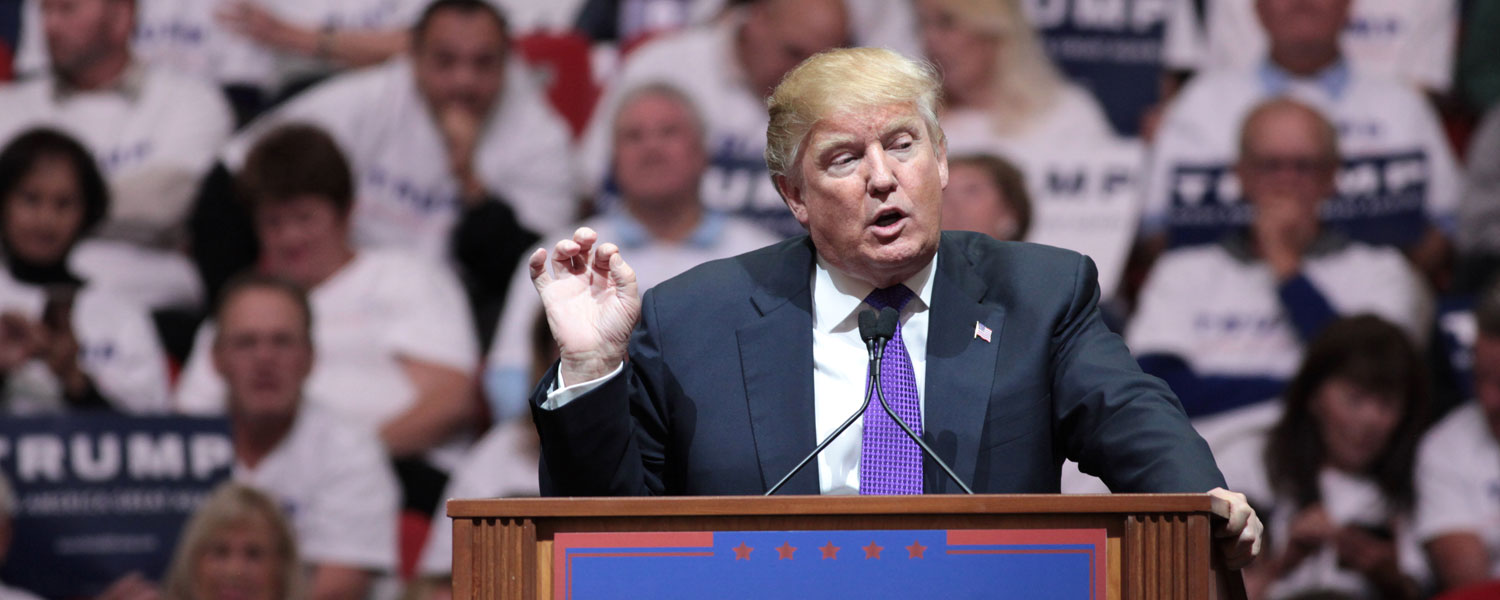By Shalu Mehta and Rachel Levy-McLaughlin
Nov. 7, 2016
In a mock election held in late October at Ogdensburg Free Academy, more than 450 students cast ballots for U.S. president, handing Republican candidate Donald Trump a notional victory over Democrat Hillary Clinton, 44 per cent to 33 per cent.
The unscientific poll was held over several days among students from Grades 7-12. Teachers were allowed to customize their ballots, allowing for local races also to be represented. Students were given the option to vote on paper ballots or online, and teachers were provided lesson material about the election.
National polls show Clinton leading Trump by up to 6 per cent, with the Reuters/Ipsos States of the Nation project giving her, on the eve of the election, a 90 per cent chance of winning.
The mock election was sponsored by the Youth Leadership Initiative (YLI), a national civic education program created by the University of Virginia Center for Politics. According to Meg Heubeck, the director of the YLI, there were over 26,000 schools registered in this mock election.
Heubeck said that this year’s numbers are lower than previous years, as many schools have opted out.
“This year has been harder than others,” Heubeck said. “We’ve had a lot of schools that said they wouldn’t do it because it was too controversial.” She said there was concern amongst school administration that the mock election could incite conflict in classrooms.
Political science teacher George Snyder organized the mock election at Ogdensburg Free Academy. He said it was easier to engage students this year because the campaign was so controversial.
“It is a great civics lesson and the students do get into it, especially with all the coverage that has gone on in this campaign,” said Snyder by email.
Snyder makes a point of ensuring his students keep up with the news, issuing extra credit assignments on the presidential and vice-presidential debates.
Snyder said that the winning percentages in the past three mock presidential elections came close to the percentage results from the real elections.
Still, Heubeck cautioned that the mock vote is not scientific and should not be seen as of the actual election results.
Voters will know on Tuesday if Ogdensburg Free Academy got it right this time.

